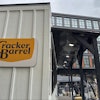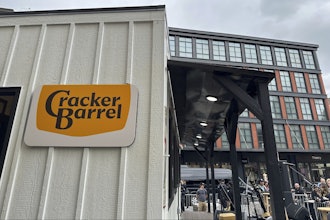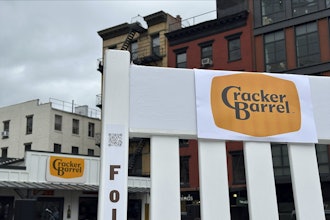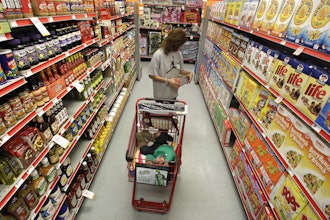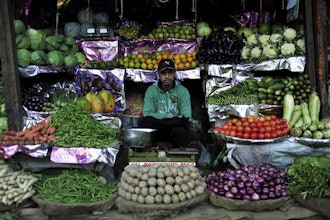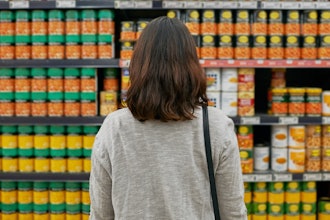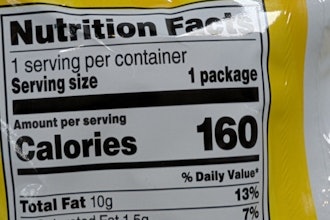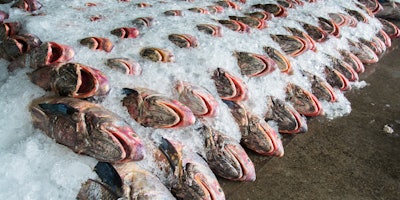
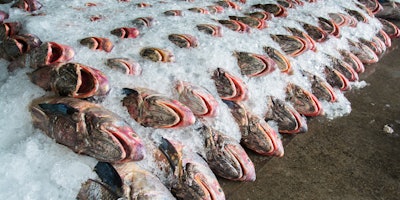
A new analysis suggests that about one in five seafood samples tested worldwide were found to be improperly labeled.
Environmental advocacy group Oceana said that its report reviewed more than 200 published studies — representing more than 25,000 samples — from 55 countries.
The group said that all but one of the studies identified seafood fraud and that the mislabeling impacted every segment of the seafood supply chain. The fraud rate in the U.S., at 28 percent, was higher than the average for the study overall.
Nearly two-thirds of the studies indicated economic motivations for the faulty labels, and the group cited numerous examples of cheaper fish that was sold as a more expensive species.
More than half of the mislabeled species could pose a health risk to consumers, and the report also found said that mislabeling could affect endangered species and could be caught or processed using slave labor.
"It’s clear that seafood fraud respects no borders,” Oceana senior campaign director Beth Lowell said in a statement. “The path seafood travels from the fishing boat or farm to our dinner plates is long, complex and non-transparent, rife with opportunities for fraud and mislabeling."
The analysis, however, also indicated that heightened transparency requirements could be effective. Oceana found that European Union efforts to crack down on mislabeling helped reduce seafood fraud from 23 percent to 8 percent between 2011 and 2015.
The report was released ahead of next week's Our Ocean Conference in Washington, D.C. Although the group praised a task force recommendation that 13 species be traced from their origins to the U.S. border, Oceana argued that the mandate should extend to all species.
“Without tracking all seafood throughout the entire supply chain, consumers will continue to be cheated, hardworking, honest fishermen will be undercut, and the long-term productivity of our oceans will continue to be in jeopardy," Lowell said.

